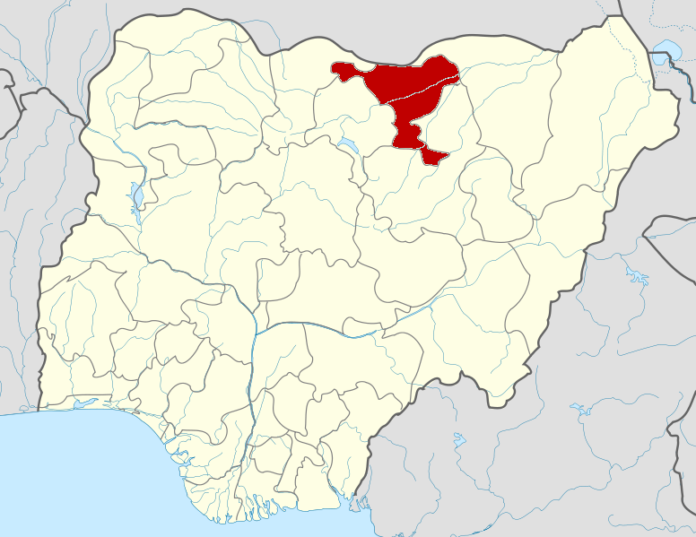By Ahmad Alabira, Dutse
To enhance agricultural productivity in rural areas of Jigawa state and develop varieties of seeds for crops that are more resilient to extreme weather caused by Climate change, ACReSAL has trained 120 seed producers.
The World Bank-supported Agro-Climatic Resilience in Semi-Arid Landscapes (ACReSAL) was caved out of the state ministry of Environment to always find solution to the problems caused to farmers by the Climate change related challenges.
The project coordinator, Yahaya Muhammad said exclusively on Tuesday that the gesture will improve the use of locally adapted seeds to become increasingly valuable.
He said the gesture was aimed at empowering local farmers to produce their own seeds with knowledge and skills that play a pivotal role in the production of quality food.
According to him, it is to ensure food security in the state, promote biodiversity as well as promote local content for communities to have the right to control their own seed systems.
“The community seed producers can select and propagate varieties that are more resilient to extreme weather events, helping communities to better cope with climate-related challenges.
“20 women and men farmers were trained on the production of maize and wheat seeds in Ringim LGA, 15 women and 25 men farmers were trained on rice and millet seeds in Hadejia LGA, 19 women and men farmers were also trained on cowpea and sorghum seeds production in Gumel LGA”, he said.
He said that competent facilitators were drawn from the Ministry of Agriculture and the Jigawa Agricultural and Rural Development Authority (JARDA) to train the beneficiaries on the type of quality seeds to be produced.
The Coordinator further explained that the farmers were trained on the process of seeds planting, life span, treatment, and the modalities to follow in rainy and dry seasons planting respectively.
“It was indeed an interactive session as participants to share valuable cultural and local knowledge, as most of them have traditional knowledge about seeds, farming practices, and local ecosystems”, he revealed.
He added that training the farmers drawn from three local government areas would help to preserve and share knowledge among themselves.

Call:
Sandra - 07069148333
Pauline - 08174374150
Scholastica - 09060678434













